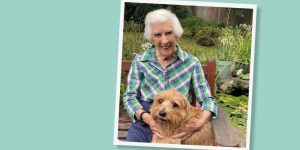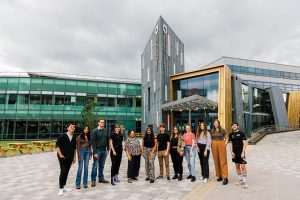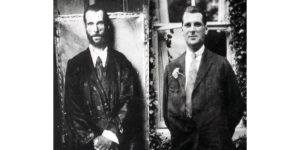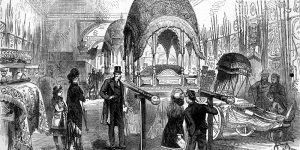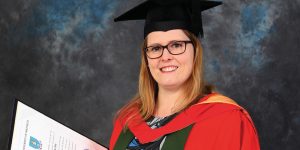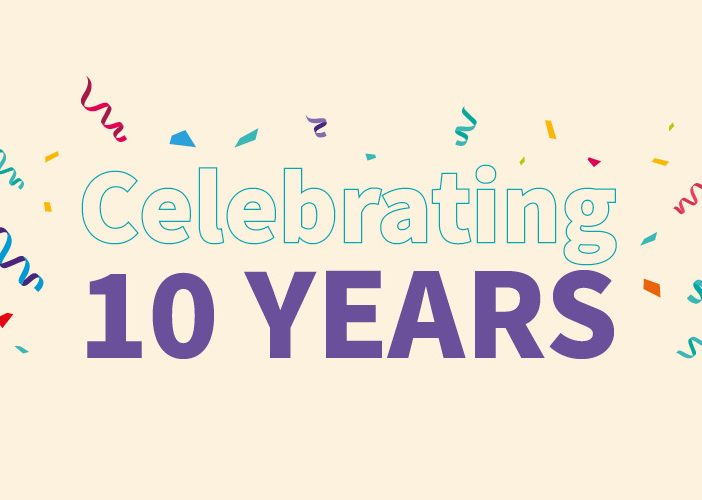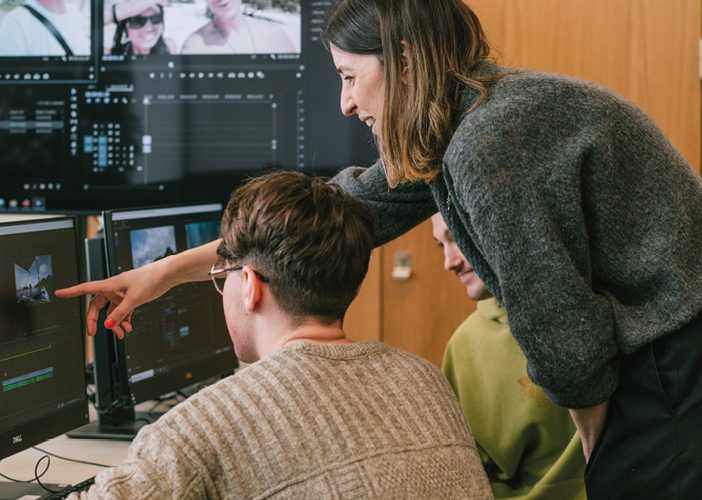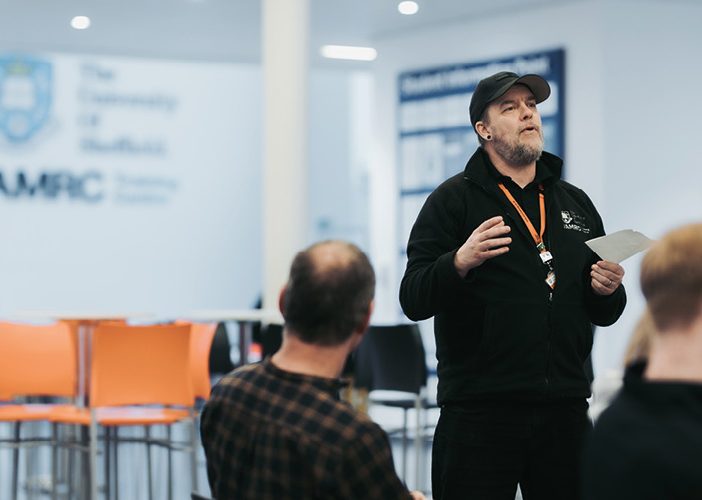
Treating the untreatable: Why neuroscience needs SITraN to grow
It’s 14 years since Professor Dame Pamela Shaw’s vision for a translational research centre became a reality. The idea – to bring together world-leading scientists and clinicians to prevent and treat devastating neurodegenerative diseases – has had a greater, more wide-ranging impact than perhaps anyone thought possible. We spoke to SITraN Director Professor Shaw about this impact, her experience and her new vision for what comes next.
“In 2010 the idea was that SITraN would double the capacity we have for research and clinical testing of therapies. Since then, we’ve actually tripled that capacity… but people are still on the waiting list!” says Professor Shaw.
Industry partners want to collaborate, they want us to test their drugs, but we can’t accommodate everyone. I want the drug screening facilities to be widely available to test potential new neuroprotective therapies.
That SITraN is so successful is due in no small part to Pam Shaw’s own contribution. An internationally renowned clinician and academic researcher, her molecular, genetic and clinical contributions to the field have brought her multiple prizes, including the Wellcome Senior Fellowship in Clinical Science between 1991 and 2000. In 2014, she was made a Dame and in 2022 she received the British Neuroscience Association award for an outstanding contribution to Neuroscience.
Revolutionary treatment for MND
Professor Shaw, her team and SITraN are perhaps best known for the translational research that led to improved outcomes for patients with motor neurone disease (MND). QALSODY, the first genetic treatment for a type of MND, is an excellent case study for why SITraN should expand.
QALSODY has been shown to reduce the levels of a toxic cell protein in people living with a form of MND, triggered by a faulty gene called SOD1. Two percent of people living with MND have a mistake in SOD1, which produces a faulty protein that’s toxic to motor neurons. QALSODY directly interferes with the genetic instructions for the faulty SOD1 protein, preventing its production and so slowing the progression of the disease.
“Professor Mimoun Azzouz and myself demonstrated at SITraN that lowering the protein worked in preclinical models. This gave confidence to drug company Biogen who sponsored the tofersen trials that this could work in humans,” explains Pamela.
The University of Sheffield with Sheffield Teaching Hospitals NHS Foundation Trust was the only site in the UK to have participated in the international clinical trial. Phase 1 and 2 testing not only showed promise, but led to life-enhancing changes for many of those taking part.
“These were very exciting results,” Professor Shaw recalls.
The potential to change millions of lives
While QALSODY is going through its approval process with NICE, it has already been approved in the US under the FDA’s accelerated approval pathway and recently approved by the European Medicines Agency. The team is now working on proving its clinical benefit with earlier treatment intervention, in a further phase 3 trial, called ATLAS.
Professor Shaw has high hopes for this stage:
Originally we only enrolled individuals who had symptoms of SOD1-MND. Now we’re recruiting pre-symptomatic people – those who know that they have the SOD1 mutation but who are currently in good health. We’re testing them for a biomarker which gives an early read-out of motor neuron injury so they can go on QALSODY at the very earliest stage, and so see the potential difference the drug can make. My feeling is, the earlier, the better.
If QALSODY is successful in this trial, the data would most likely convince the US, UK and the EU to keep or approve QALSODY for general release on the market – helping many people with this rare MND sub type. In the meantime, people in the UK can access treatment via Biogen’s expanded access programme.
But the role of SITraN, and the translational work that led to QALSODY, shows the incredible changes the Institute and now a sister centre could have for people with neurodegenerative diseases more broadly.
New testing brings new hope
“Neurofilament light chain proteins are released into spinal fluid and blood when neurons are damaged or dead. Reducing levels of this biomarker shows that QALSODY is working,” explains Professor Shaw. “But this way of testing is not limited to the SOD1 variant. And it means we can test for positive treatment effects much more quickly.”
The FDA’s QALSODY approval was largely based on the way the drug reduced this biomarker of neuronal damage. Testing for this involves testing a patient’s spinal fluid using a lumbar puncture or with a simple blood sample. Measuring a decrease in neurofilament levels may give an early signal that a treatment is working, as clinical changes take longer to be seen. Not only is this a powerful tool for scientists at SITraN and around the world, it also brings hope for the global MND community that new treatments will be available soon. Unsurprisingly, Professor Shaw and her peers are already making progress.
Maintaining momentum
Professor Shaw’s case for the expansion of SITraN and medical teaching is a compelling mix of conviction and irrefutable logic. “Neuroscience is moving fast. With technologies like multi-omics, where we combine massive datasets to dig down into cells, genes, proteins and find new connections, new biomarkers, there is so much potential to find new therapeutic targets,” she explains.
Seen alongside the exponential rate of the Institutes’ contribution to the field, it’s no wonder then that fundraising for the new institute is fast approaching the £24 million target. In fact, Dame Pamela is already meeting with the University’s Estates team and appointed architects to create the building’s plans.
We’ve had so many donations from alumni. And with events like The Big Walk and knowing the generosity of our supporters in the region, I’m confident we can make this happen. Together, we will get there.
Find out more
Click here for more information on testing for inherited MND or find out how to donate to the project here







